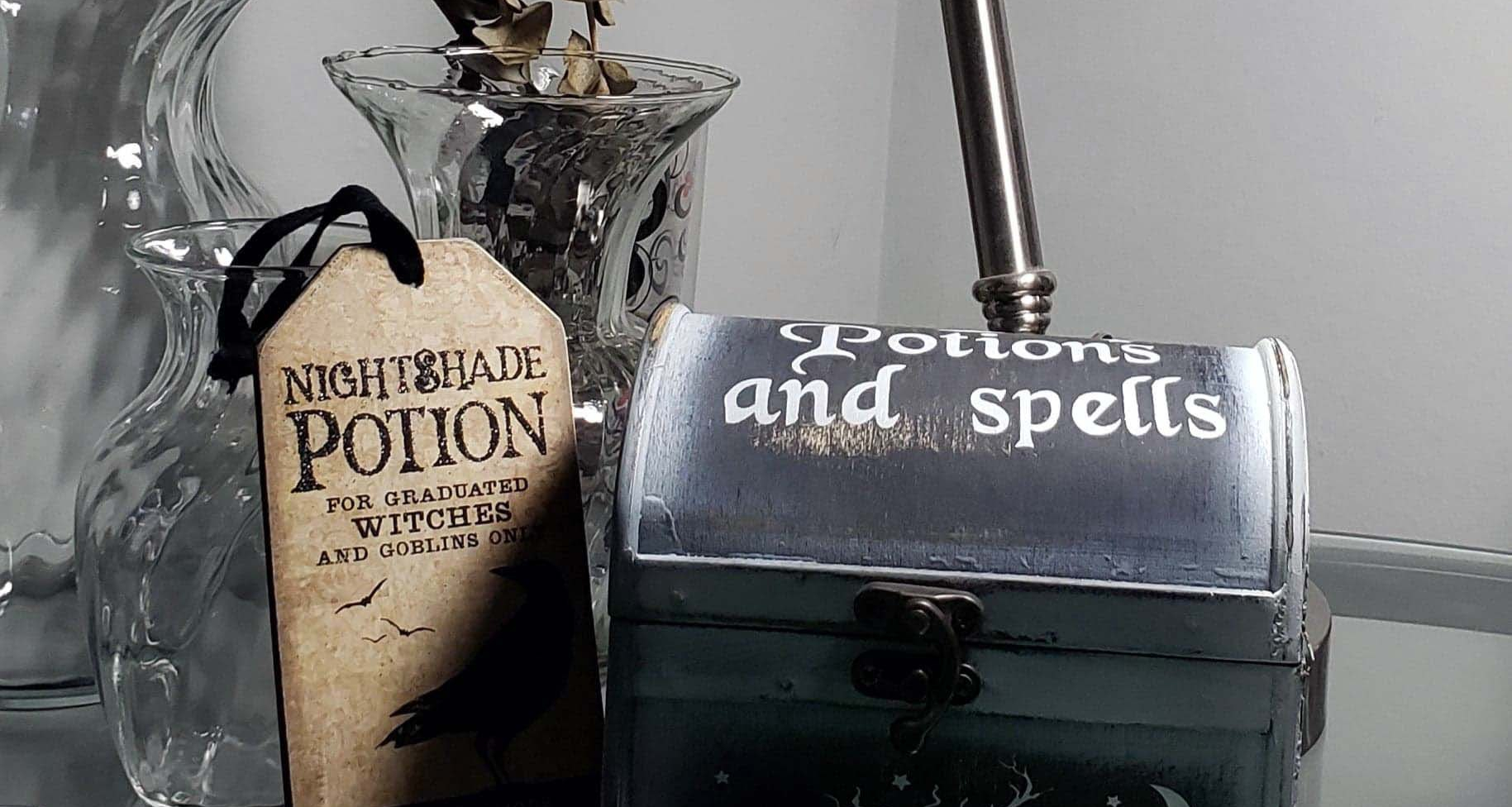
I’ve had wellness on the brain. When I put it like that, it sounds like a medical condition, but my sister’s project, Otherworldly Women Press, has gotten me thinking about it.
Since I was young, I’ve struggled with “feminine” things. Dresses, pastels, and makeup sparked discomfort in me. I crave a touch of the dark to feel at home. Sometimes, I wonder why that is.
Other times, I just run with it. Pastels and princesses have their place, but so do deep colors and adventurers. My comfort zone doesn’t mesh with a lot of what the wellness industry sells, either.
Wellness is all about health. I love crystals, candles, and essential oils. They soothe me, and they have places in my belief systems. However, it’s less that lavender is supposed to be soothing, green is supposed to be healing, or rose quartz is supposed to draw love, and more that they make me feel grounded.
For me, it is all about how I think about things. It’s about how I cope with the anxiety of the future, regrets of the past, and challenge of the present. Wellness is about flowing with the tide of my thoughts and changing the channel to steer them in a better direction.
Things we buy are tools to do something similar. It’s not one-size-fits-all. Some people love baths, but baths make me feel like I’m marinating in my own juices. That’s okay. Those folks might not find relief from the world in a horror novel the same way I do. Their bath and my horror both provide our minds with the opportunity to break harmful thoughts.
Wellness is personal. We can read as much as we want and buy as much as we can afford, but ultimately, we must discover what it means for us.

